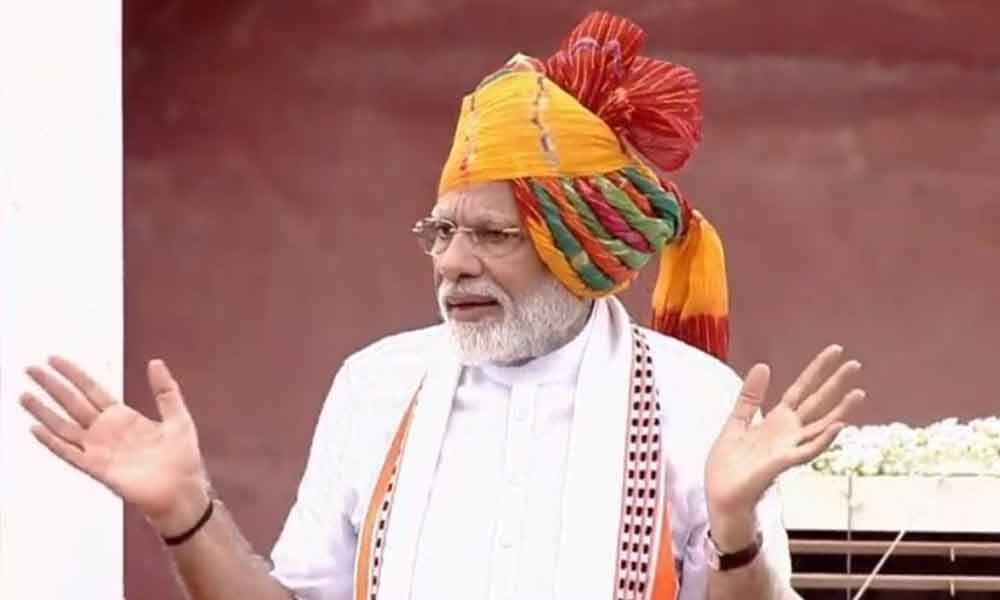Live
- Mohammad Abbas returns as Pakistan announce playing XI for Boxing Day Test vs South Africa
- Man Sets Himself on Fire Near Rail Bhawan in New Delhi, Investigation Ongoing
- From Pushpa 2 to Devara: The Year in Telugu Cinema
- Balachandar Ramalingam on revolutionizing manufacturing with AI-driven component management
- Srikanth Avancha speaks on leadership, innovation, and risk management in IT services
- Munirathna Attacked in Bengaluru
- Centre Revives Coffee Development Plan to Aid Farmers- Goyal
- Sensational Crime Incidents in Andhra Pradesh and Telangana: 2024 Year in Review
- Tragic Loss for Beejady Village: Lance Havaldar Anoop Poojary Among Five Soldiers Killed in Poonch Accident
- Mass Rally Organized by BJP in Hyderabad on Atal Bihari Vajpayee's Centenary Celebration









